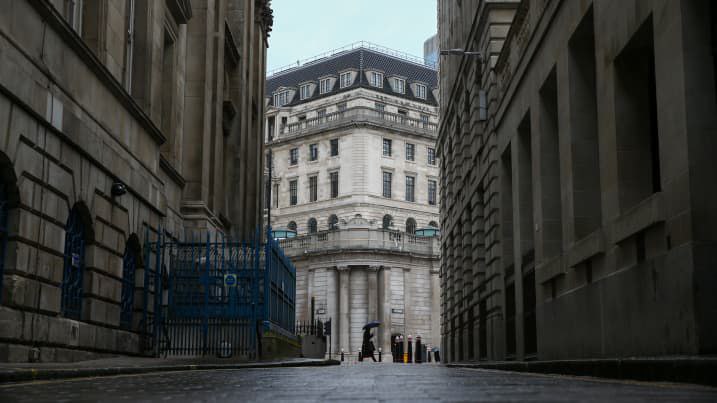
Link: https://www.esgtoday.com/iberdrola-extends-sustainable-finance-to-include-water-goals-with-new-2-5-billion-credit-agreement/
Date: July 14, 2022
Media: ESGtoday
What happened?
Last year, Iberdrola announced plans for its financing structure to have an increasingly higher percentage of green and sustainable products, estimated to account for nearly two-thirds of its debt by 2025. Iberdrola announced today that they have a new €2.5 billion credit line linked to the company’s water footprint. With that, more than 90% of the company’s credit lines are sustainable.
Who and where it affects?
In a statement announcing the new credit agreement, Iberdrola stated: Two billion people still lack access to safely managed drinking water, 25% of the world’s population lives in countries facing extremely high water stress, and only 54% of the world’s population uses safely managed water. Simultaneously, climate change is altering supply and demand patterns in ways that are difficult to predict. In actual fact, each degree of global warming is projected to decrease renewable water resources by at least 20% and an additional 7% of the world’s population.
What sort of public or private institutions are involved?
In this agreement, Iberdrola was signed with a consortium of 24 international banks that they specifically don’t mention. They are also focused on the UN Sustainable Development Goals (SDGs) objectives to reach by Iberdrola. Mainly center on Goals 6, 7 and 13.
Why is it important for Banking and Finance?
This means a higher investment on sustainable finance that in the long term will promote a sustainable and eco friendly development of the economy.
What do you think will be the consequences in the foreseeable future?
The consequences of this news will be that more and more large companies are betting on meeting the Sustainable Development Goals (SDGs), these actions will mean that sustainable finance will have a greater weight at the strategic and financial level of companies, in turn making great contributions to improve many existing problems to be addressed in the medium and long term, for example this investment of a company as large as Iberdrola, will mean that more companies are committed to SDG 6, which refers to clean water and sanitation.
Keywords: Iberdrola, water, sustainable finance, SDGs (Sustainable Development Goals)
SDGs: 6 (CLEAN WATER AND SANITATION),7 (AFFORDABLE AND CLEAN ENERGY) and 13 (CLIMATE ACTION)


